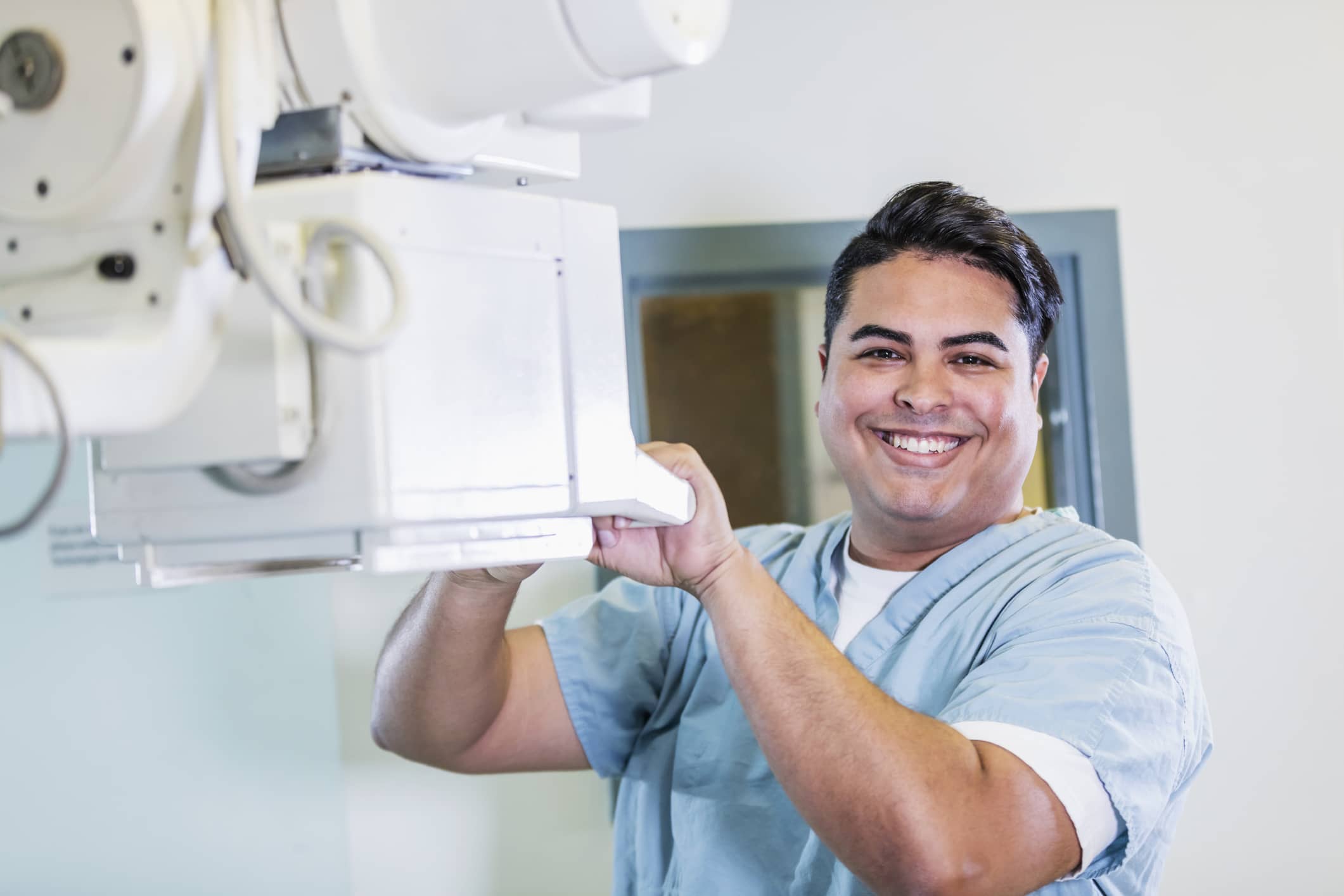
How to Motivate Your SLP Patients
One of the most common challenges that speech-language pathologists (SLPs) encounter in professional practice is motivating their patients—and keeping them motivated—throughout their speech therapy plan of care. Even patients who might feel enthusiastic when first starting SLP therapy can struggle to remain motivated over time.
So What Can You Do?
A leading speech pathologist offers the following practical guidance and tips to help you motivate your SLP patients to continue their therapy.
Build a Positive Therapeutic Relationship
Establishing a strong foundation is vital when speech-language pathologists begin therapy with new SLP patients. “In my clinical experience, I have found the most important first step in getting a patient’s buy-in to therapy is to build a positive therapeutic relationship,” said Rebecca Politis, MS, CCC-SLP, associate director for healthcare services at the American Speech-Language-Hearing Association (ASHA).
“If patients do not trust their providers, it will be challenging to remain motivated and engaged. This can be achieved by really listening to the patient and understanding what is important to them, no matter their age or diagnosis,” she added.
Alternate Challenging Tasks
While motivation depends on an individual’s personality and learning style, alternating challenging tasks with those that a patient feels more successful doing can be a productive approach to keep most patients motivated, according to Politis.
From a psychological standpoint, this strategy enables patients to build the self-confidence they need to tackle more difficult steps as they progress through therapy.
Collaborate in Goal Writing
Collaborative goal writing is another helpful strategy. “Working together as a team—clinician and patient or caregiver—to create a plan of care that is clinically appropriate and meaningful to the patient’s life and goals can be a powerful and effective strategy for helping patients stay motivated throughout SLP therapy,” said Politis.
Adjust Strategies for Age Groups—Child, Adolescent or Adult
Approaches for successfully motivating SLP patients can vary across different age groups. Tactics that might work well for one age range might not be appropriate for another. Establishing trust is a vital piece of the puzzle when trying to motivate pediatric patients.
- Motivating pediatric SLP patients is largely dependent on age and developmental abilities.
- Structure our therapy materials around the characters or plot of a game children like.
- It is imperative to build a strong foundation of trust and understanding between the clinician and the patient, especially in adolescence.
- Make sure you have a solid understanding of what is most important to the individual and how you can target goals that will directly impact these aspects of their life.
- Honor the adolescent’s goals they have for themselves, while still balancing the goals that their parents/caregivers have for them.
- Get a sense of when your patient's communication difficulties present the most challenges, as well as how you can target goals that will directly improve those situations
- Working together with the patient to create a plan of care from the beginning and checking in regularly to make sure they agree.

Leverage Natural and Tangible Rewards
Incorporating rewards into therapy plans can be another effective tactic to encourage patients. Politis has found that there is definitely a time and place for tangible rewards or tokens.
“In working with children who need an external motivator, I have created reward systems—always with the caregiver’s permission—to help encourage participation. However, by and large, the most effective and lasting rewards are positive natural consequences,” she said.
“For instance, if a child can experience how great it feels to clearly request their favorite toy and then actually have their parent understand them and get the toy, they will want to do that again and again,” Politis explained. “Or if an adult client can see the benefit of using a strategy to recall important information at work, they will want to keep practicing and returning to therapy to continue working.”
Success breeds success when it comes to motivating patients of all ages to continue SLP therapy. “When parents see what they are doing works—and they are the experts on their child, rather than thinking of only SLPs as the experts—there is often increased motivation to use communication strategies that help their children on a consistent basis in their everyday routines.”
“This goes for adults as well. The idea of empowering adults by recognizing them as the experts in living with a particular communication disorder, for example, aphasia, and highlighting what they can do and what they are in control of can also be very motivating,” concluded Politis.
AMN offers short-term and long-term SLP assignments to advance your career, at locations across the U.S. Apply Now and become an allied SLP traveler. Isn't it time you empowered your SLP career to reach new heights?
Additional Allied Healthcare Resources:
- Learn more about SLP Travel Jobs.
- AMN Passport: Our all-in-one allied app for booking allied travel jobs.
- Refer-a-Friend: Make up to $2,000 per referral.



